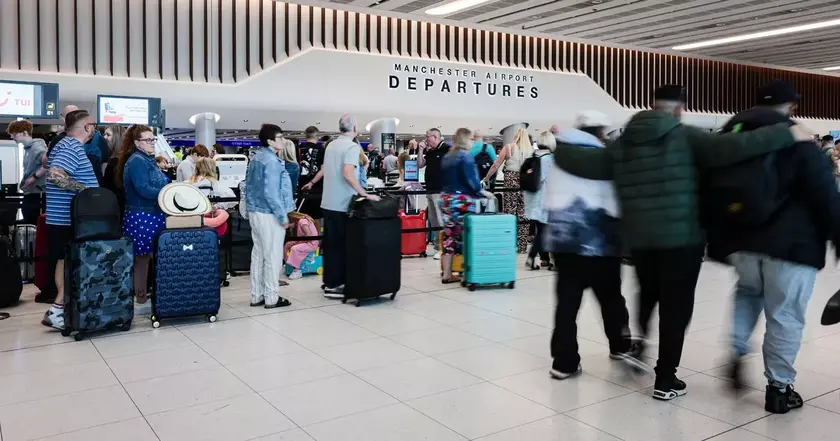T4K3.news
Bus drivers threaten strike in Greater Manchester
Ballots on strike action close September 4 after rejecting pay offers; mayor urges talks to avert disruption.
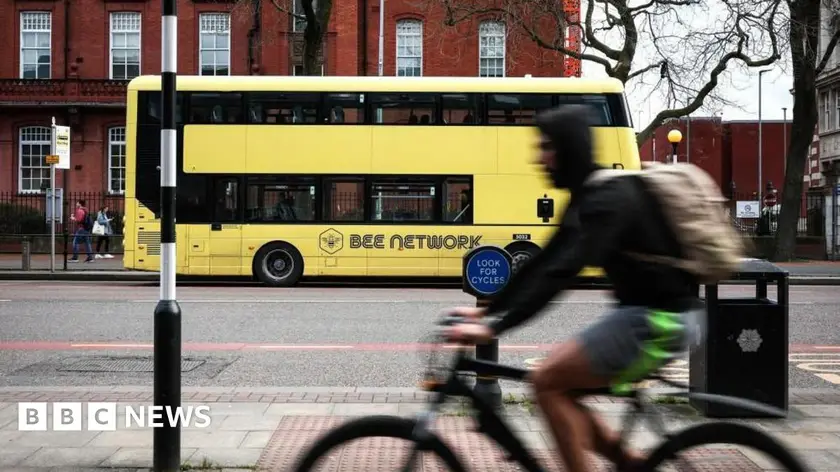
Greater Manchester bus drivers threaten to strike after rejecting pay offers, while the mayor urges talks to avert disruption.
Andy Burnham urges talks as bus drivers threaten strike
More than 2,000 bus drivers employed by Bee Network operators including Stagecoach, Metroline and First Bus Rochdale have rejected pay offers ranging from 3.5% to 6% after months of talks. Unite says ballots will decide on strike action, with votes due to close on September 4. While Andy Burnham, the mayor of Greater Manchester, notes that it is not the combined authority's job to negotiate drivers pay, he urged both sides to find a reasonable solution to prevent service disruption.
The dispute shows how wage talks in public transport remain a live political issue even as inflation bites household budgets. For many commuters, students and workers, buses are a daily lifeline. A strike could mean cancellations and longer journeys, especially during peak travel times. Unions say gains are needed to keep up with rising costs, while operators warn that higher pay demands could strain budgets and lead to job losses. Burnham emphasizes calm and constructive talks, while saying the parties should work toward a deal that protects the public interest. The ballots give drivers a direct say on the path ahead, underscoring how quickly tension can shift into real disruption.
Key Takeaways
"A fair deal keeps the city moving"
standalone quote reflecting public service goal
"Talks must solve a balance between workers and riders"
editorial commentary on negotiation
"Public transport should not be held to ransom"
public sentiment about the dispute
"Leadership must defuse risk and protect daily commutes"
analysis on governance responsibility
The clash between a publicly controlled transport plan and private operator pay demands exposes a familiar tension in urban governance. The mayor’s role is to convene and mediate, not guarantee a wage deal, and that separation can blur responsibility if talks falter. Inflation has sharpened wage expectations, and the cost of keeping routes running can push operators to seek savings elsewhere. A stalled negotiation risks more than a single day of missed buses; it tests public trust in local leadership.
Looking ahead, the outcome may shape how the city approaches public service funding and labour peace. If talks succeed, Burnham and unions could present a model for balancing essential service reliability with worker compensation. If they fail, residents may experience disruption that feeds political backlash and forces more hard choices in future budgets. Either way, this dispute highlights the fragile line between governance and everyday life in a growing city.
Highlights
- A fair deal keeps the city moving
- Talks must solve a balance between workers and riders
- Public transport should not be held to ransom
- Leadership must defuse risk and protect daily commutes
Public service disruption linked to political tensions
The dispute sits at the intersection of budgeting, local politics, and public reaction. A strike could trigger service gaps and commuter disruption, influencing public opinion of local authorities and unions.
The next steps will reveal how quickly talks can turn a tense moment into a plan.
Enjoyed this? Let your friends know!
Related News
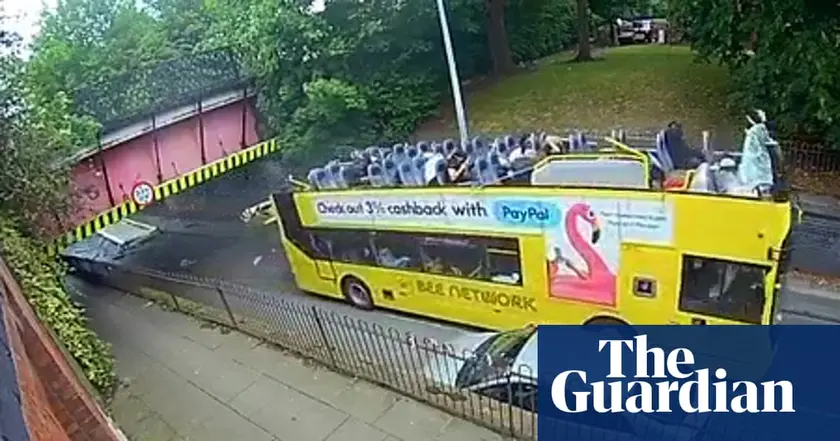
Police seek witnesses after bus crash in Greater Manchester
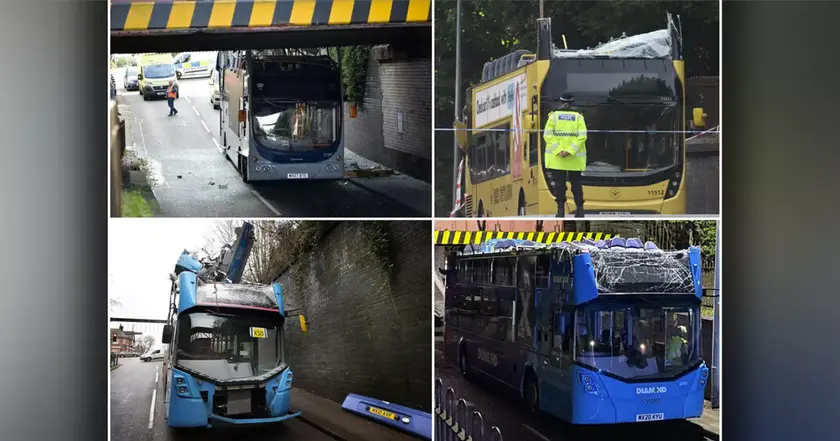
Third bus crash under Salford bridge leaves passengers injured

Merseyside jails 66 criminals in July
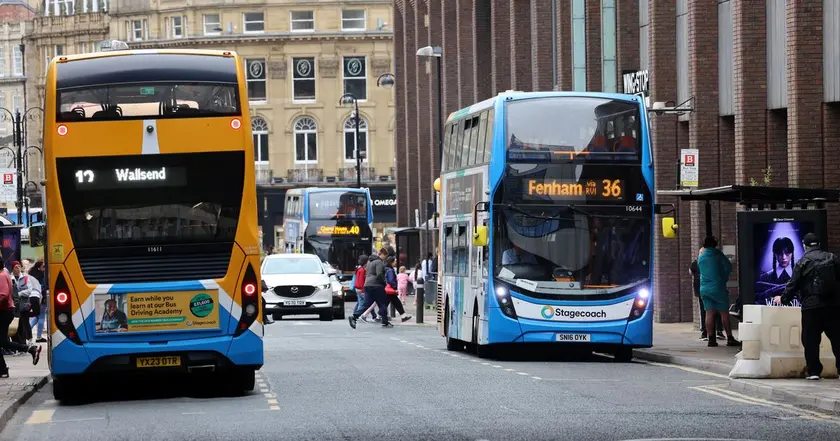
Bus Strikes Frustrate Newcastle Passengers

A&E misdiagnosis highlighted by fatal case
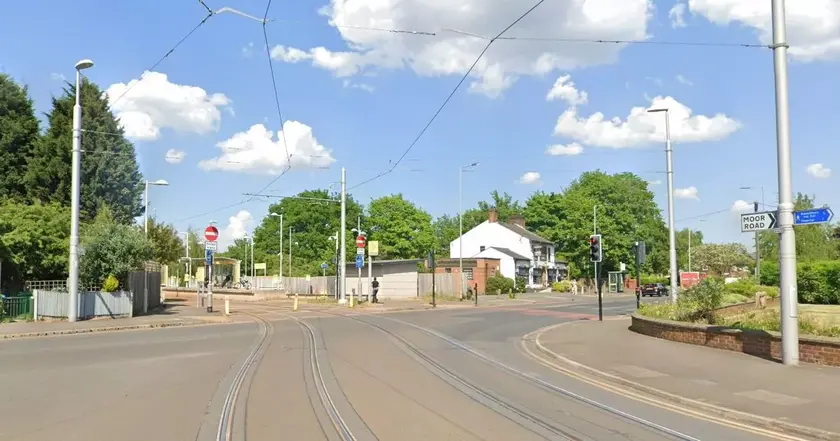
Metrolink services suspended after collision
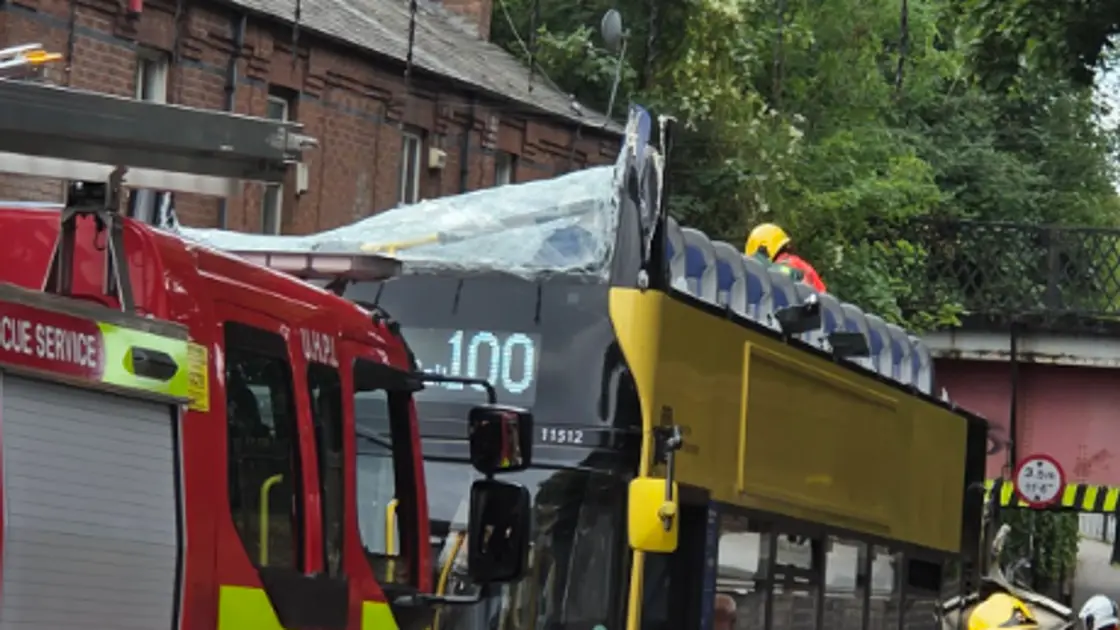
Authorities respond to bus crash in Manchester
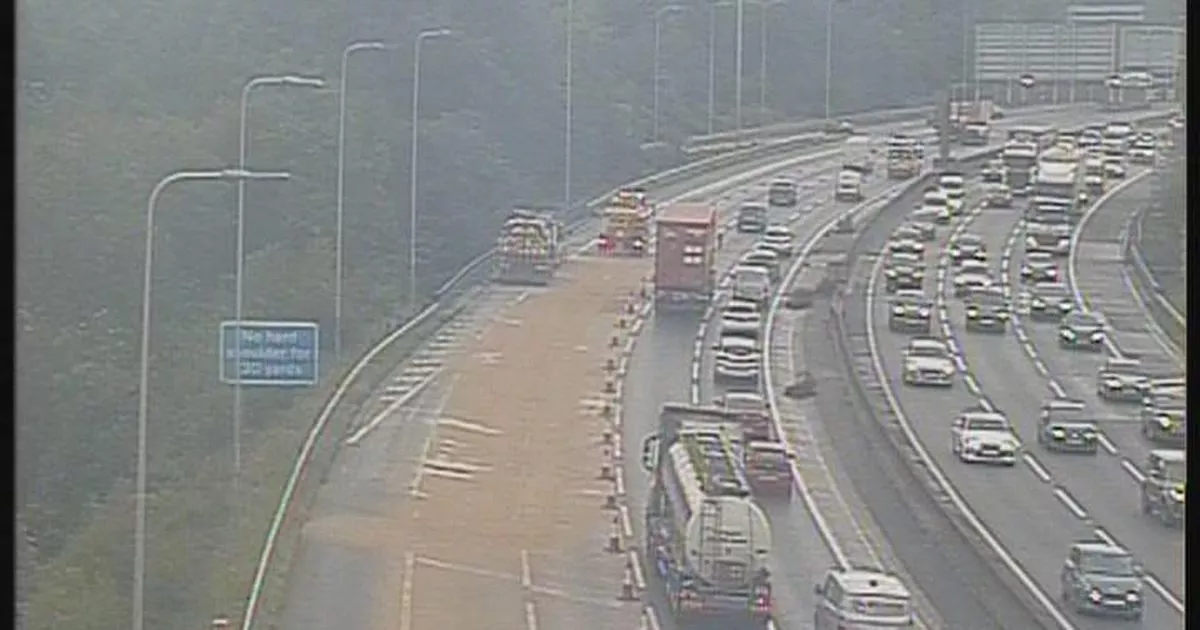
Traffic Delays Reported on M60 and M62
